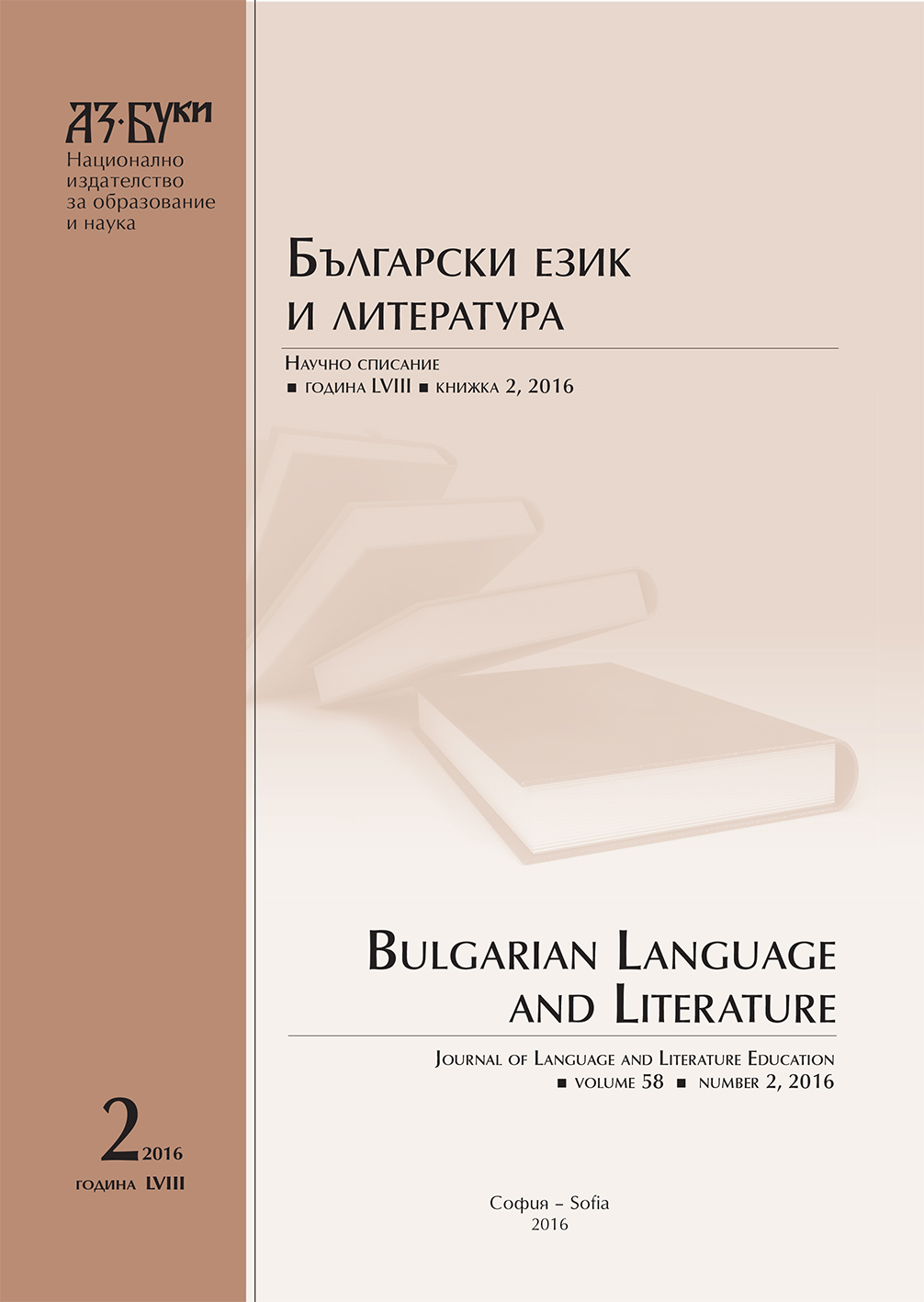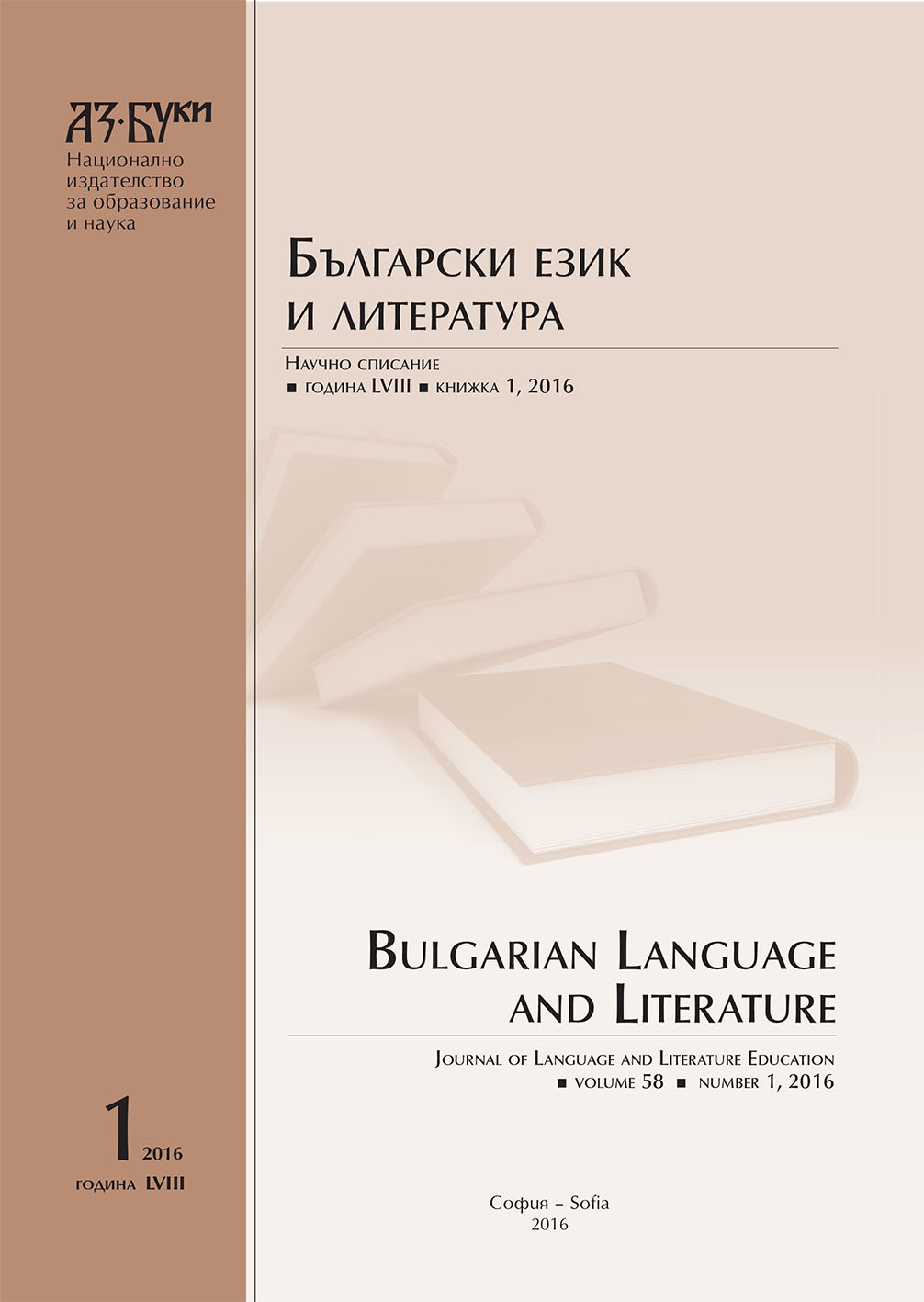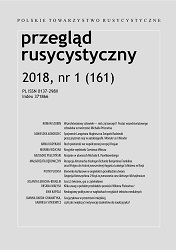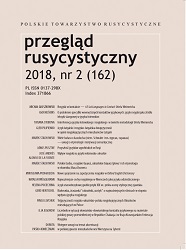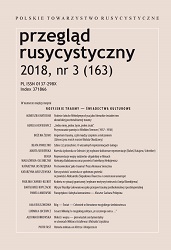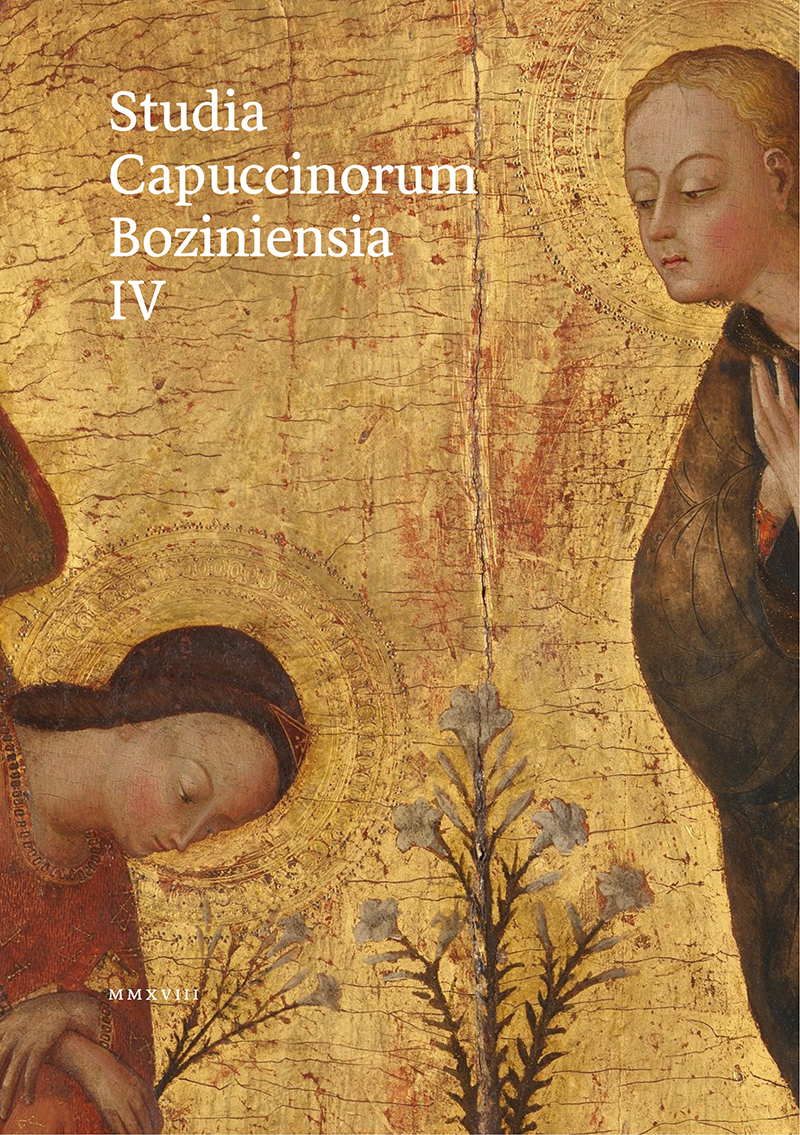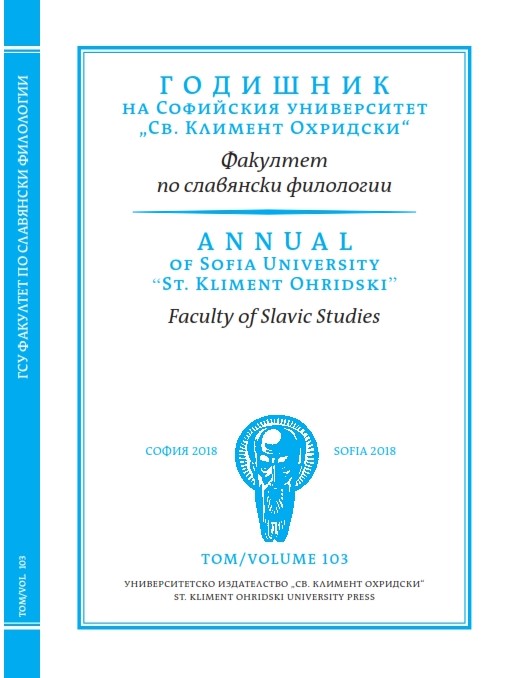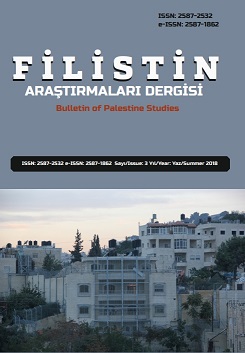
The Russian-Speaking Community of the State of Israel
This article studies the characteristics of the Russian-speaking community of the State of Israel. The author examines such aspects of the topic as the nature of the community ties that have taken shape among the Russian-speaking Israelis and the status of the Russian language in Israel. Attention is also paid to the factors that contributed to the formation of a unique Russian-Israeli identity, to the main stages of the evolution of the Russian-speaking community in the political life of Israel, and to the formation of the Russian media space. The Russian-speaking community is rightly regarded as a long-term phenomenon that is currently also an important player in the political arena of the country. The main contribution of this study is a comprehensive analysis of the phenomenon of the “Russian Israeli.” It argues that the following factors have been effective in the unification of the Russian-speaking community of Israel: territorial localization, the preservation of the cultural environment of the country of origin, the special status of the Russian language in Israel as well as its place in the media space, the maintenance of the symbols peculiar to the community, and the program of socio-political development.
More...
